|
Students go to their normal school during the day, then usually go straight to a hagwon to learn more because, apparently, their regular school is not doing enough. There are also many international schools in Korea that have to deal with this issue. It might lead teachers to think that parents do not trust the schools they send their students to? Many international schools follow a concept driven curriculum: "The world is changing. Knowledge is changing. The ability to view the world with a more flexible mind is invaluable. Concept based learning is about transferable ideas that transcend time, place and situation. Content just focuses on facts while concepts focus on making sense of those facts and the world around us. Content based teaching may not be beyond information transmission/superficial learning. Concepts are a way to organize and make sense of learning. We can't possibly teach everything that is important, but we can teach the big ideas. Concept based learning is a framework to teach everything. Information is useless unless you can do something with it." Lynn Erikson.
In Korea there is a very strong culture of ranking, this manifest itself in the workplace but also in schools. Parents are constantly looking for ways for their children to be the best in the class. Therefore, if you send your child to a hagwon, they will become the best at what they are doing in school. In a concept driven the curriculum is taught through concepts. In a Hagwon, they teach content. As hagwons are nick named 'cram' schools, students are expected to learn as much as they can in the hours they spend in the classrooms. This is usually done through using and following textbooks. Learning is often driven by tests and exams. I am not sure how hagwons can help students, especially those using the international baccalaureate which are concept driven curriculums. All IB schools have standards in each subject, which are set for each grade level. When setting assignments or summative tasks, we use criterion based descriptors to assess students. Therefore, a grade 6 student would know what is expected of them from reading the task objectives and the task specific descriptors. The standards are there as a benchmark and guide. When planning your scope and sequence vertically in the curriculum, the standards would alter accordingly as the grade levels went up as would the descriptors. Students going to a hagwon and being pushed to do more, will reach standards way past their grade level. This could make teachers need to review their standards. Does that mean that schools have to set their standards on what the hagwon schools are setting? Concept driven and inquiry based education should be about giving students an opportunity to learn through unfamiliar situations. Solving real life problems rather than rote learning. Will parents start to put pressure on teachers because they are not doing enough in school? Will teachers feel they need to move away from the concept driven curriculum to the content driven curriculum because of this pressure? Mathematics is the main subject being affected by the hagwon schools. Many korean students go to math hagwons and excel in understanding content but find it harder to understand when put in a different context. Word problems, discussion and maybe different methodologies could put students off if they have been taught in a particular way and are used to memorizing rather than thinking. Tired students
I am currently doing a health unit on leisure, recreation and participation in activities after school. I am not sure students actually have enough leisure time and participate in recreational activities. I will be conducting a survey to find out about this with them. We have already discussed the idea of what these mean and why they are important. Some students participate in outside school activities, but how often? I know the Korean government have put some things in place to restrict the opening hours of hagwons and are also trying to promote a more international approach in their educational system. We have had many visitors come to our school to get inspired by what we are doing.
1 Comment
3/9/2015 1 Comment Teaching v coaching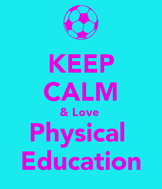 Ever since I began teaching, I have always been concerned with people's perspectives on the difference between teaching and coaching within physical education. I believe there is a difference between these approaches to educating and each have a place within the world of schools. I am a teacher first and foremost but also enjoy coaching after school sports. I feel it is important to have a good after school program which supports the teaching in school. It is just as important that the fundamentals of sports are taught within a physical education program, but physical education is not sport! I have been teaching physical education for the past nineteen years. I have also been coaching just as long but I make sure there is a clear divide between them both. As a teacher I am a facilitator and educate students to become well rounded individuals. I teach MYP physical and health education and teach a concept based education which is student centered and standards based. Students will often guide their learning and will be heavily involved in reflecting and building upon their learning experiences. Over the years I have coached soccer, volleyball, track and field and basketball. These are sports with teams where we focus on developing the students within a team and the end game is usually a tournament with a team trophy. The students who participate in these teams are focused on that particular sport, usually have some experience and will often play for outside school clubs or organizations linked to that sport. As a physical education teacher, you have to be well rounded and have experience in all aspects related to physical education. Our curriculums should be balanced and varied offering students the opportunity to experience many aspects of our subject. Over the five years of our program at my current school, we have developed a scope and sequence that we believe allows this to happen. There are many aspect which we will touch upon but not necessarily repeat every year. As a coach you are usually specialized in a particular sport and spend many years coaching just that sport. I have coached soccer and volleyball for many years. Soccer, or football, is my main sport. Although I am no expert as a player, I enjoy playing as well as coaching, following Tottenham Hotspurs and playing with my son. It is one of my passions. I am currently coaching the junior varsity boys at our school. The junior varsity teams are new to our school and I am proud to be part of developing the program. I also coached the junior varsity boys volleyball team during our first season. I love coaching and always look forward to it at the end of a busy day in school. It makes my day worth it, when students show as much passion as I do for the sport I coach. Just as much as it makes me feel great when my team achieves something special, I have that feeling as a physical educator in the classroom.
Every day I am looking to make the experience in class special and memorable for the students I teach. I look for experiences students will remember and take something from and have an opportunity to achieve. The difference between physical education and coaching for students is that in many schools the curriculum is so varied it allows every student an opportunity to excel. There are many students who do not like physical education because they may not like the physical challenges involved in many of the practical classes. Over the years, I have found that the main area that students seem to dislike are the challenges of team sports. They may enjoy the skills involved and some of the drills or practices but sometimes when you put certain students in pressure game situations, they crack. They can not always put things together. They do not always have that experience other students have who play outside of school do. This is why is is so important to allow students in physical education an opportunity to experience many different aspects of our subject as they can. Health education can be an important part of physical education. We have a varied health education program which is built into our scope and sequence. We teach anatomy through a 'How we move' unit linked to net games. We teach training principles through a 'How we train' unit linked to invasion games. We have tried to include sports psychology, sociology, bio-mechanics, nutrition, drug awareness, fitness and many others. Many of these aspects of our curriculum are assessed through criterion A (Knowing and Understanding). This allows the students an opportunity to not only show us what they know through practical means but also through written or other means. It's an opportunity for non 'sporty' students to show us what they can do in our subject. We also assess their knowledge of the practical aspects where necessary. I believe there are opportunities for students at schools to participate in physical education and have a chance at doing well in the subject. I believe teachers should be teachers or facilitators in physical education and not coaches whilst in school time. There is an opportunity for students to specialize after school in a 'sport' and there should be many opportunities for students to learn and excel in 'physical education' during the day. What do you think? |
Archives
May 2020
AuthorI have been writing for nearly five years on and off in the world of twitter, facebook groups, blogging and sharing ideas thoughts with the wider physical education world. Categories |
|
email: [email protected]
|
Twitter: @Dalais44
|
Linked-In: Dominique Dalais
|



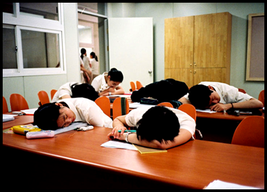

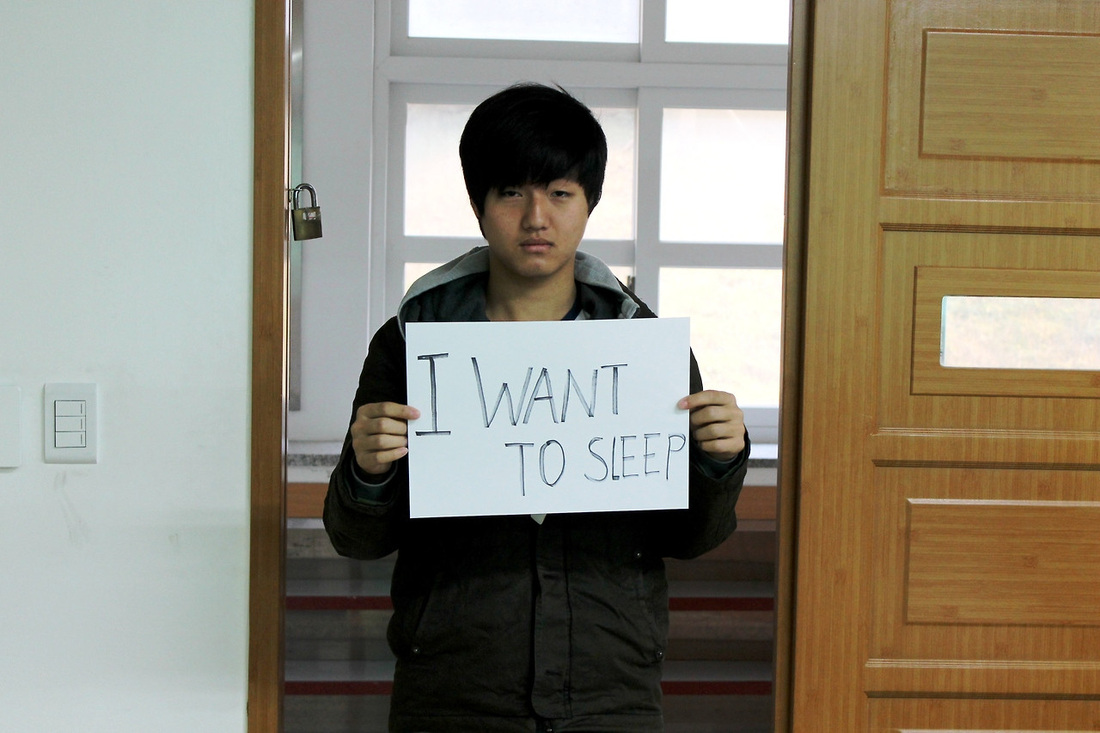
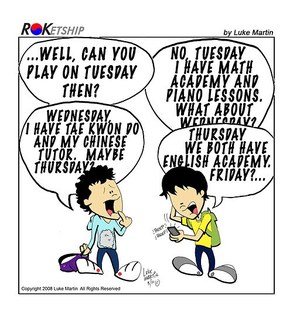
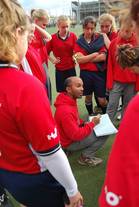
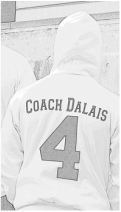
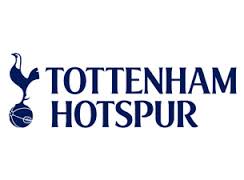
 RSS Feed
RSS Feed